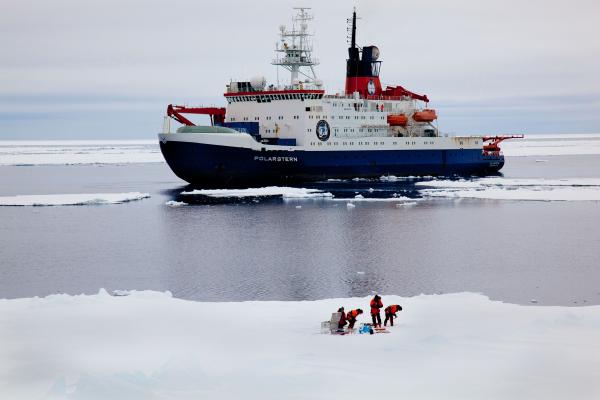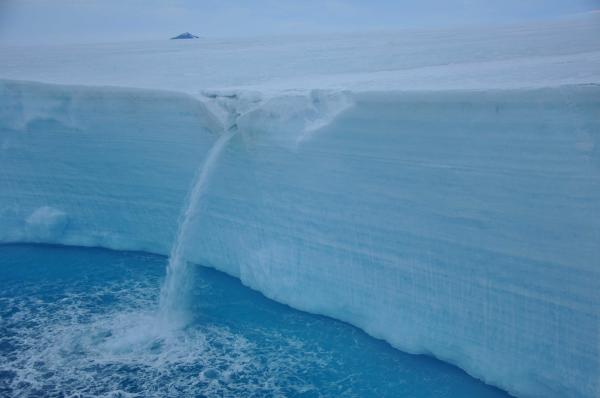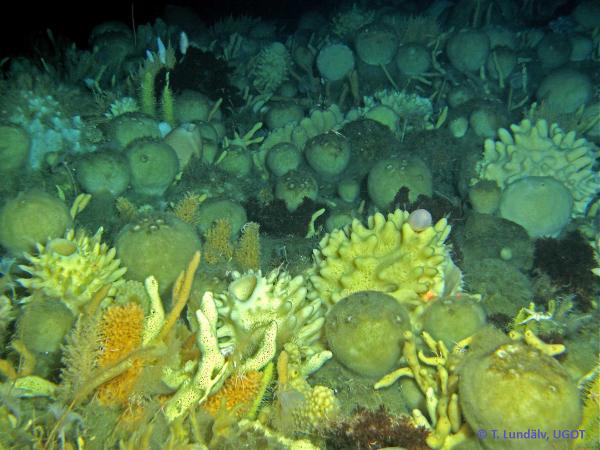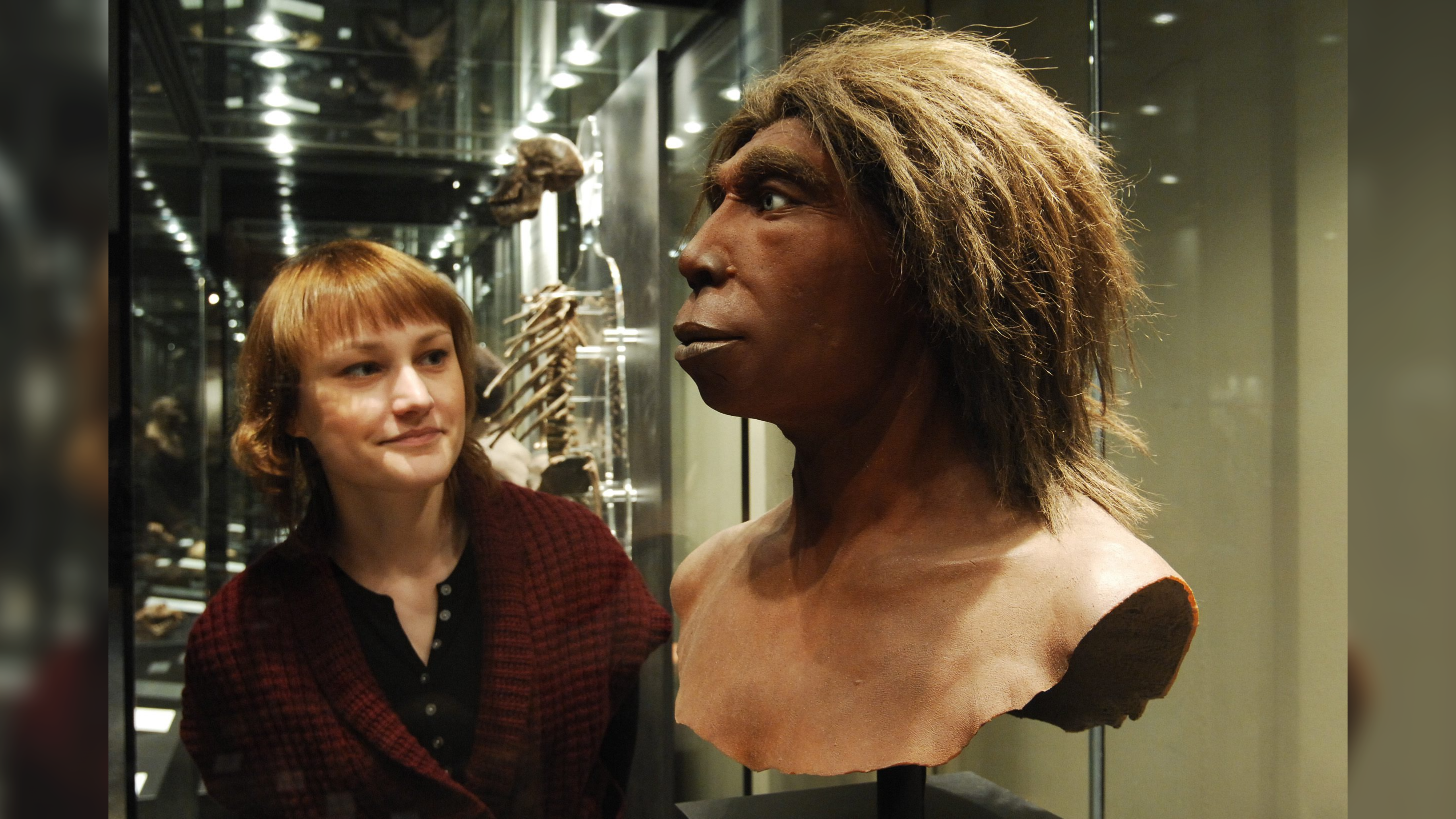
Antarctic Voyage: Stunning Views, Warming News
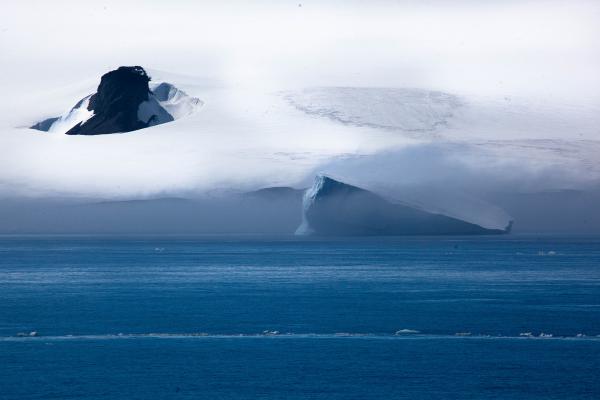
Get the world’s most fascinating discoveries delivered straight to your inbox.
You are now subscribed
Your newsletter sign-up was successful
Want to add more newsletters?
Join the club
Get full access to premium articles, exclusive features and a growing list of member rewards.
After seven long months at sea, the research vessel Polarstern returned to its home port in Germany on Friday (May 20), having born witness to some incredible views and an Antarctic world that is undergoing change.
Two hundred scientists from 15 countries took part in the expedition, a project of the Alfred Wegener Institute for Polar and Marine Research in Germany. [Image Gallery: Polarstern Cruises Polar Waters ]
The researchers spent months carrying out detailed observations and collecting data in the frigid ocean and ice shelves in and along the Weddell Sea, on the eastern side of the Antarctic Peninsula, a place where humpback whales roam and massive icebergs float by.
"An initial evaluation of the measurement data shows that the temperature down to great depths of the Weddell Sea continues to rise," said Eberhard Fahrbach, an oceanographer at the Alfred Wegener Institute, in a statement.
According to Fahrbach, the temperature in the Weddell Sea, from its surface waters to the bottom, has risen by .1 degrees Fahrenheit (.06 degrees Celsius), on average, in the last 26 years.
Fahrbach said the increase in temperature may seem small, but "because it extends down to great depths, it entails a considerable heat volume that is stored in the ocean." In other words, some atmospheric temperature rise due to global warming may be masked, in part, because the oceans are absorbing some of that extra heat.
In addition to climate research, biologists aboard the Polarstern looked at how the region's sea life is reacting to changes in the environment, and found that some species adapted better than others.
Get the world’s most fascinating discoveries delivered straight to your inbox.
Although they conducted onboard experiments with fish, crustaceans and squid during the voyage, scientists also brought some specimens back to the Alfred Wegener Institute for further study.
After routine shipyard and repair work, the Polarstern will head out again on June 15, this time destined for Arctic waters.
 Live Science Plus
Live Science Plus










